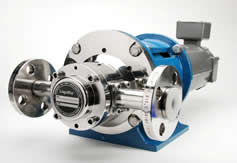Chemical Pumps
Safe Pumping, Circulating, Metering and Transferring of your Liquid Chemicals
Our extensive range of chemical pumps can handle a wide range of viscosities at high and low temperatures at capacities from ml/hr to m³/min and discharge pressures up to 170 bar. If you need a pump that needs to be self priming or may on occasion run dry or that can handle solids, then contact us with your enquiry, and we will help select the right pump for your duty.
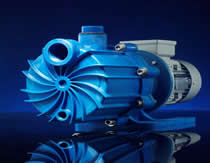
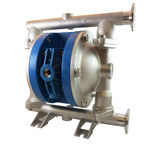
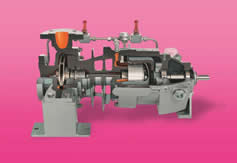
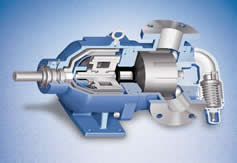
We have supplied pumps for chemicals extensively throughout the UK chemical and pharmaceutical industry for over 40 years. With a huge range of wetted material options, Michael Smith Engineers are able to offer you the ideal chemical pump for your difficult liquids handling applications. Contact us today to see how we can help.
| Pumps | Flow Range | Max Pressure | |
|---|---|---|---|
| DB Series Polypropylene and PVDF Centrifugal Pumps | Up to 50 m³/hr | 43 metres | More Info |
| UC Series ETFE Lined Centrifugal Pumps | Up to 329 m³/hr | 102 metres | More Info |
| AC Series Metallic Conventionally Sealed Centrifugal Pumps | Up to 58 m³/hr | 53 metres | More Info |
| Dickow Single Stage Centrifugal Pumps | Up to 800 m³/hr | 150 metres | More Info |
| Wanner High Pressure Diaphragm Pumps | Up to 595 l/min | 345 bar | More Info |
| Metallic Gear Pumps | Up to 345 m³/hr | 172 bar | More Info |
| Dickow Multistage Centrifugal Pumps | Up to 500 m³/hr | 400 metres | More Info |
| Dickow Side Channel Pumps | Up to 50 m³/hr | 400 metres | More Info |
| Dickow Peripheral Pumps | Up to 17 m³/hr | 400 metres | More Info |
| Viking Vane Pumps | Up to 36 m³/hr | 14 bar | More Info |
| Codip PTFE Tubular Diaphragm Pumps | 20 to 300 l/min | 10 bar | More Info |
| FTI Air Operated Double Diaphragm Pump | Up to 54 m³/hr | Up to 8.3 bar | More Info |
Our range of pumps for chemical applications includes plastic chemical pumps, mag-drive chemical pumps, AODD chemical pumps, internal and external gear chemical pumps, lined chemical pumps and also chemical metering and chemical dosing pumps.
Michael Smith Engineers Ltd are acknowledged experts in the selection of pumps for all types of chemical applications. We have over half a century of experience of choosing the correct pump technology, the correct pump material and the correct pump size for the chemical being pumped.
Chemical Pumps for Different Applications
Alkalis and Caustic Compounds

Caustic materials such as sodium hydroxide (caustic soda), potassium hydroxide and calcium oxide (quicklime) are used in a wide range of industries. For pumping these materials, it is essential that the correct pump material and pump type is chosen to avoid premature corrosion and potential dangerous leakage.
Acids
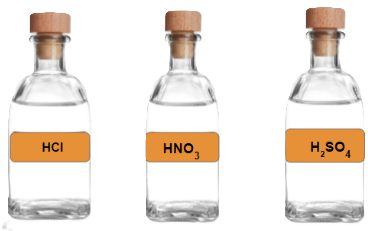
Choosing a pump for acids can be especially challenging, even for common compounds such as sulphuric acid, hydrochloric acid and nitric acid. Not only do different acids often require different pump materials, but the characteristics of acids can vary considerably depending on their concentration and/or temperature. Many acids are extremely dangerous to handle and so it is essential that the correct pump for the application is selected.
Solvents
Solvents are usually chemicals used to dissolve, suspend, and extract materials in a wide range of applications, from pharmaceutical production, paints and inks, to cleaning products. Great care needs to be taken when selecting pump for solvents as they can be highly flammable, toxic and corrosive.
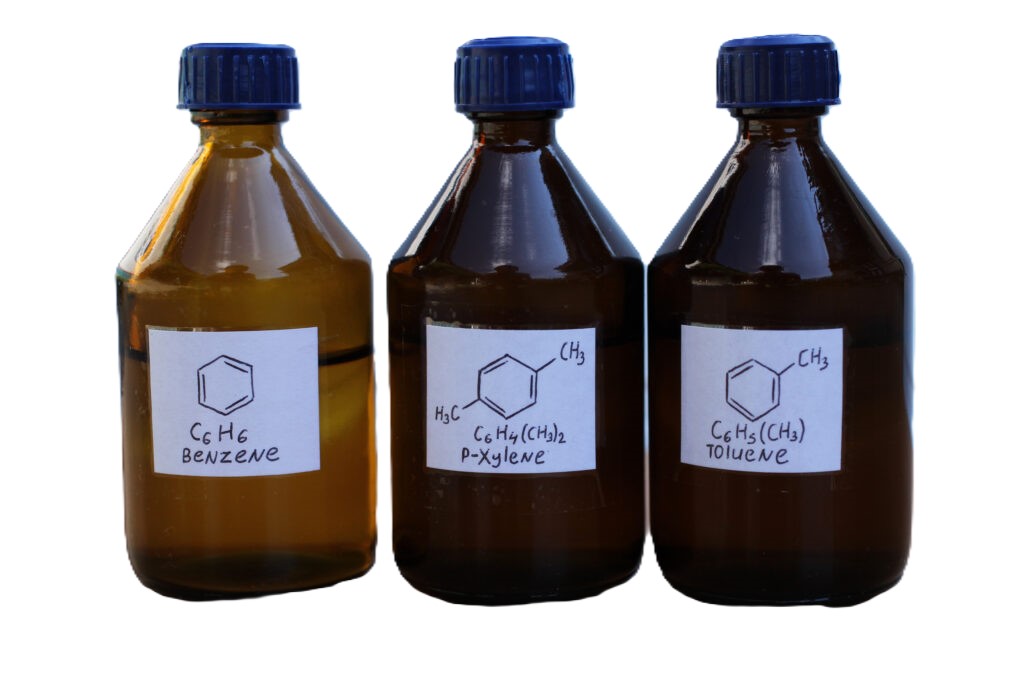
There are a wide range of solvents, but some common ones are:
- Acetone
- Benzene
- Dichloromethane
- Ethanol
- Hexane
- Isopropyl alcohol
- Methanol
- Methyl ethyl ketone (MEK)
- Methylene chloride (MC)
- Trichloroethylene
- Turpentine
All these solvents, and many more, have particular characteristics, and it should not be assumed that a pump suitable for one will be suitable for another.
Polyurethane Foam Production
Polyurethane foam is a versatile material used in a wide range of applications, including seat cushions, home insulation, and heat-resistant shields for spacecraft. It is created through the reaction of polyols and isocyanates, often combined with various additives tailored to specific applications.
Selecting the right pump for polyurethane foam production presents unique challenges due to the nature of the chemicals involved. Many of these compounds are highly reactive with air, water, or other materials and can also be flammable. Therefore, careful consideration is essential when choosing a pump to ensure safety and reliability.
At Michael Smith Engineers Ltd, we have decades of experience in this field and have supplied pumps to all leading manufacturers of polyurethane foam insulation and related products.
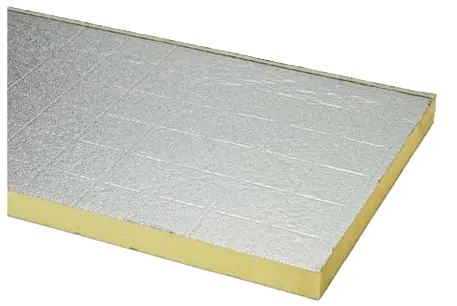
Common Chemicals in Polyurethane Foam Production:
- Dimethyl Malonate (DEM)
- Dimethyl Pyrazole (DMP)
- Hexamethylene Diisocyanate (HDI)
- Isophorone Diisocyanate (IPDI)
- Methylene Diphenyl Diisocyanate (MDI)
- Methylethyl Ketoxime (MEKO)
- Polyol
- Toluene Diisocyanate (TDI)
For more information on polyurethane foam production and related pumps, please see the link below:
Pumps for Isocyanates & polyols


